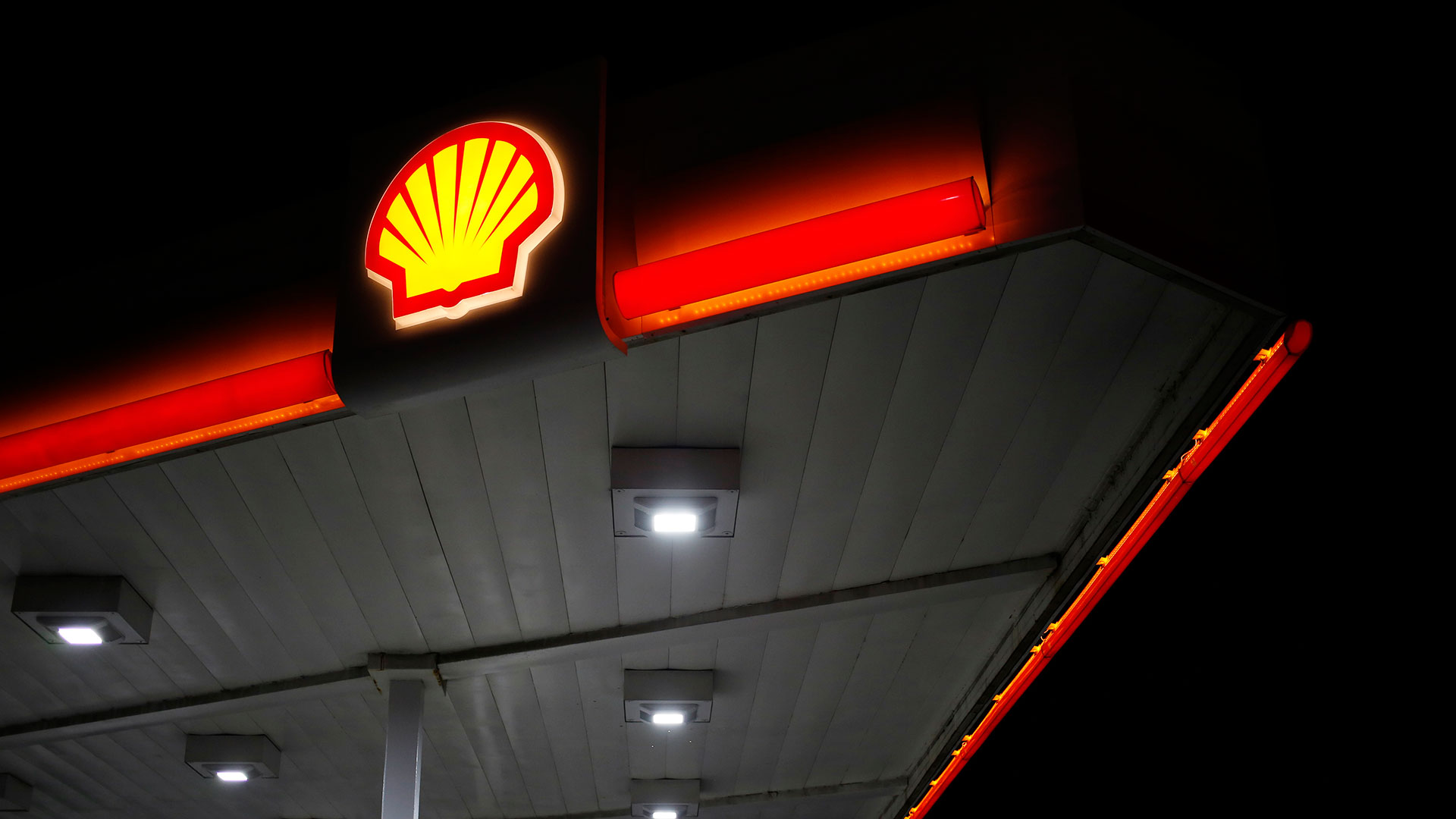

Oil companies may be realizing that it’s only a matter of time until electric vehicles are the norm. To meet the future needs of the growing EV market, Royal Dutch Shell plans to add electric vehicle chargers at its gasoline stations in Europe, according to an article in The Financial Times.
The first EV chargers will be installed in gas stations in Britain and the Netherlands, which are the oil company’s home countries, but FT did not list a construction timeline.
Electric vehicles currently represent only a small percentage of new vehicle sales globally, but they’re expected to account for 15 to 35 percent of world-wide vehicle sales in 2040, according to automotive research firm IHS Markit.
Auto manufacturers also adding charging stations
Shell isn’t the only fuel distributor thinking ahead. Several automotive manufacturers have banned together to implement a network of 350-kWh high-speed charging stations on popular transportation corridors throughout Europe.
Here in America, Tesla has been working with Sheetz gas stations to install its Supercharger stations on certain properties. The EV manufacturer is seeking facilities that offer amenities such as cafes and restrooms that drivers can use while their vehicles recharge, as it can take up to 30 minutes to fill an empty battery.
However, plugs won’t be the only addition to petrol stations in the future, according to some.
“Hydrogen, electric vehicles and biofuels will all have their place,” John Abbott, director of downstream business for Shell, told The Financial Times. “There’s not going to be one solution.”
Update: Shell was unable to comment prior to publication, but provided this statement:
We currently are exploring a role in charging EVs. Recently, Shell ran eMobility trials with commercial fleet customers in the UK, Germany and USA (California) seeking to establish how charging of battery EVs can be successfully integrated to minimize the impact to the power grid balance. During these trials Shell worked with partners to help customers running fleets of EVs, to shift the charging of their vehicles to avoid periods of peak demand and high costs.